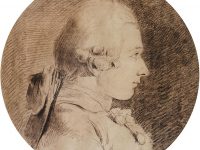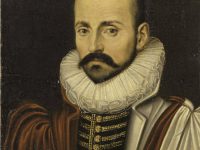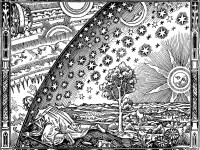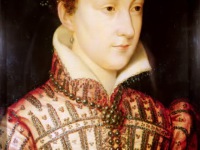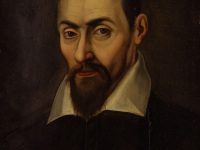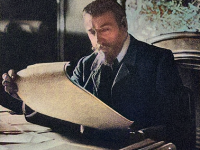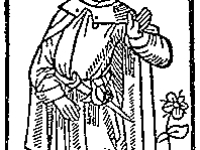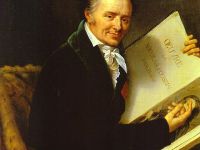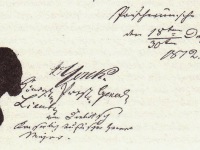The Misfortune of Virtue – Marquis de Sade and his Writings
On March 6, 1801, French novelist Donatien Alphonse François de Sade, better known as the Marquis de Sade, was arrested for being the author of the anonymously published book ‘Justine or the Misfortune of Virtue‘ by order of Napoleon Bonaparte. “…there is a sum of evil equal to the sum of good, the continuing equilibrium of the world requires that there be as many good people as wicked people…” – Marquis de…
Read more

